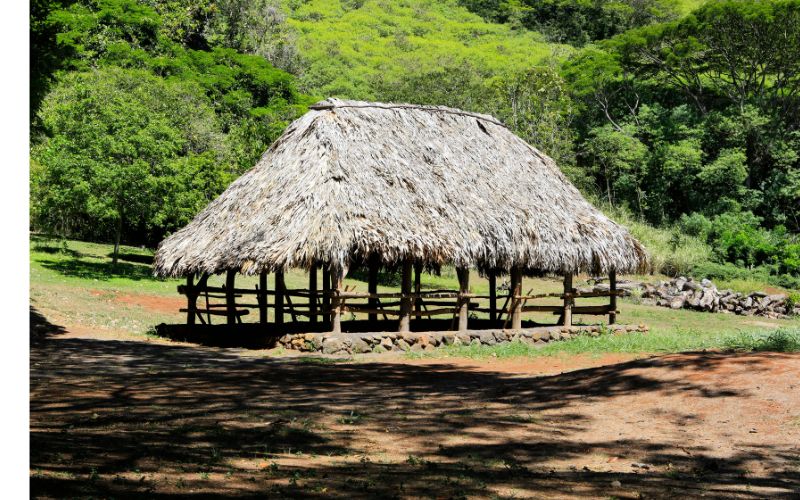
- Details
- By Kaili Berg
The Advisory Council on Historic Preservation (ACHP) has taken a significant step toward integrating Indigenous Knowledge into its regulatory processes with the recent approval of an Exemption for Indigenous Knowledge-Informed Activities led by Native Hawaiian Organizations (NHOs).
As an independent federal agency responsible for administering the historic preservation review process established under Section 106 of the National Historic Preservation Act, the ACHP’s decision marks a notable shift in how federal agencies approach cultural preservation activities.
This newly approved exemption removes the requirement for Section 106 review for specific cultural preservation activities led or managed by NHOs that are supported, approved, or permitted by federal agencies.
The activities covered under this exemption include traditional agricultural practices, aquaculture, landscape restoration, species conservation, and sacred-site-related techniques, all of which are informed by the deep-rooted Indigenous Knowledge passed down between generations of Native Hawaiians.
Indigenous Knowledge refers to the unique expertise, insights, and understanding of Native Hawaiians, derived from their long-standing relationship with both the natural world and their cultural environment.
"Native Hawaiians, not the federal government, are the experts when it comes to preserving their cultural sites and practices,” ACHP Chair Sara Bronin said in a press release. ”This exemption values Native Hawaiian knowledge in maintaining and preserving their cultural places, and it facilitates activities that are by definition historic and cultural preservation."
The exemption does have its limitations. It does not apply to National Historic Landmarks, activities that might conflict with the cultural practices of other NHOs, actions involving demolition, or any activities that could damage "character-defining features."
In cases where different NHOs hold conflicting views on the most culturally appropriate measures, the exemption cannot be used. However, federal agencies remain responsible for complying with Section 106 for undertakings not covered by the exemption.
Over the next eleven years, federal agencies using the exemption will be required to report back to the ACHP, ensuring ongoing evaluation of the exemption’s impact. This reporting will help track the effectiveness of integrating Indigenous Knowledge into the preservation process.
The ACHP’s policy statement, approved in March 2024, calls for further integration of Indigenous Knowledge into decision-making regarding historic preservation. The current exemption represents the most significant regulatory step ACHP has taken to implement this policy.
The ACHP’s approval of this exemption followed extensive consultation and discussion with a wide array of stakeholders, including NHOs, state officials, preservation partners, and the general public.
More Stories Like This
50 Years of Self-Determination: How a Landmark Act Empowered Tribal Sovereignty and Transformed Federal-Tribal RelationsNavajo Nation Council Members Attend 2025 Diné Action Plan Winter Gathering
Ute Tribe Files Federal Lawsuit Challenging Colorado Parks legislation
NCAI Resolution Condemns “Alligator Alcatraz”
NABS Documents 134 More Survivor Stories, Expands Digital Archive in 2025
Help us defend tribal sovereignty.
At Native News Online, our mission is rooted in telling the stories that strengthen sovereignty and uplift Indigenous voices — not just at year’s end, but every single day.
Because of your generosity last year, we were able to keep our reporters on the ground in tribal communities, at national gatherings and in the halls of Congress — covering the issues that matter most to Indian Country: sovereignty, culture, education, health and economic opportunity.
That support sustained us through a tough year in 2025. Now, as we look to the year ahead, we need your help right now to ensure warrior journalism remains strong — reporting that defends tribal sovereignty, amplifies Native truth, and holds power accountable.
 The stakes couldn't be higher. Your support keeps Native voices heard, Native stories told and Native sovereignty defended.
The stakes couldn't be higher. Your support keeps Native voices heard, Native stories told and Native sovereignty defended.
Stand with Warrior Journalism today.
Levi Rickert (Potawatomi), Editor & Publisher


